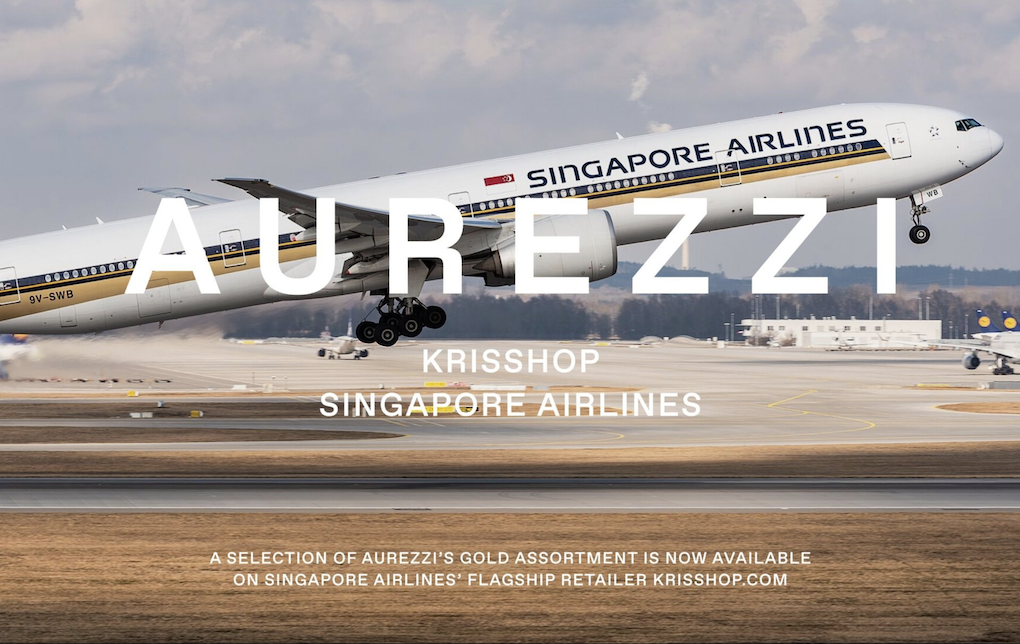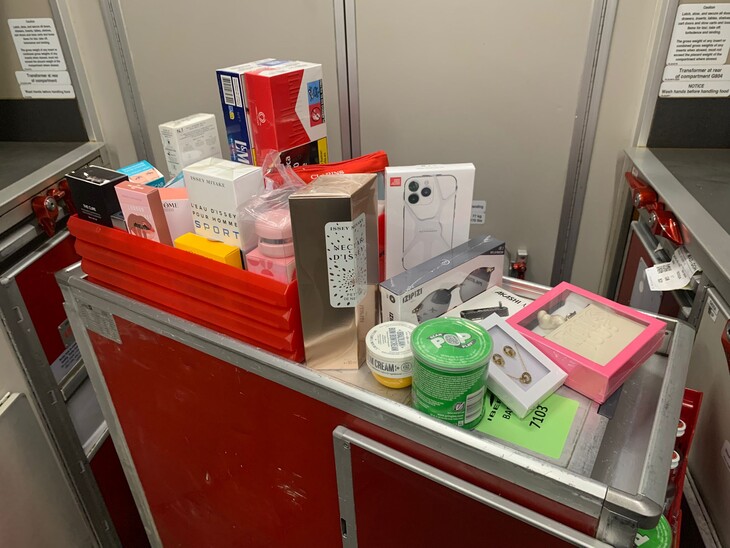CANADA/INTERNATIONAL. The International Air Transport Association (IATA) announced a US$5 billion projected profitability for airlines in 2007 at its Annual General Meeting in Vancouver this week.
In his keynote State of the Industry address, IATA Director General and CEO Giovanni Bisignani said: “We expect airlines to make US$5 billion this year. The industry has changed tremendously in five years. Labour productivity is up +56%. Distribution costs are down -13%. Non-fuel unit costs dropped -15% and load factors are at record highs – 76% in 2006. Airlines needed an oil price of less than US$20 per barrel in 2002 to break even. Today we are profitable at nearly US$70 per barrel.”
While the results are encouraging, Bisignani also gave an important reality check, “Airlines are a US$470 billion industry. A profit of US$5 billion is peanuts. We need US$40 billion just to cover the cost of capital. The industry is moving in the right direction, but with US$200 billion of debt, the financial hole is deep. The challenge for is to turn peanuts into sustainable profits.”
 |
Giovanni Bisignani: “Liberalisation is the Everest challenge for the industry” |
Bisignani outlined six priorities for the industry:
Safety: “In a decade we cut the accident rate in half. 2006 was our safest year ever, with one accident for every 1.5 million flights. And IATA member airlines did considerably better at one accident for every 2 million flights. The IATA Operational Safety Audit – a condition of IATA membership – is crucial to our efforts to make air travel even safer. Already 153 airlines are on the Registry and the industry is on target to improve safety a further 25% by the end of 2008.”
Security: “Nearly six years after the tragic events of 2001, we are much more secure, but the system is a US$5.6 billion uncoordinated mess. Progress has been made on liquids and gels, but with more checked baggage, infrastructure issues must catch up. And governments have forgotten that our success on safety is based on global standards and cooperation.
“We need to take the same approach with security. It is a government responsibility to provide effective security that is also convenient. Our passengers have been hassled for six years. That’s far too much,” said Bisignani.
Simplifying the Business: “Simplifying the Business is a winner. In three short years, e-ticketing penetration jumped to 80%. E-freight will be a reality in five locations by the end of this year.
“RFID will be part of a new approach to baggage handling. Forty-eight airlines are using bar coded boarding passes. A US$6.5 billion revolution is taking shape and now we are looking over the horizon to stage two – a strategy for self-service that will define a new age for efficient travel,” said Bisignani.
Infrastructure Costs: “Infrastructure providers must also share airlines’ obsession with efficiency. While IATA achieved US$1.9 billion in cost savings from infrastructure partners in 2006, cost increases totalling US$2.6 billion wiped out the gains. While we are moving in the right direction with air navigation service providers, too many airports still operate as happy monopolies.
“Three airports – Bangkok, London and Paris – were alone responsible for US$1.4 billion of the US$2 billion of airport cost increases in 2006. Airlines live in a competitive world where commercial discipline is the regulator. Airport regulators are phantoms.
“Their financial results – with EBITs over 40% – prove that it’s a dream world for airports and a nightmare for airlines that pay the bill. The target for 2007 is to give the draft European Directive on airport charges some teeth by incorporating cost efficiency targets for the national regulators that it requires,” said Bisignani.
Liberalisation: “This is the Everest challenge for the industry. Airlines compete in a modern world, but live in a time capsule with 60-year-old rules. It’s like trying to climb Everest with equipment from 1944.
“The US-EU agreement is an important step in the right direction, opening up many new opportunities, but we lost a great chance for fundamental change. Governments must understand that we have modern businesses to run. Airlines need the freedom to sell their products where markets exist and to merge or consolidate where it makes business sense. Progressive liberalisation is the only way forward. The bilateral system belongs in a museum, in a display case next to the paper ticket,” said Bisignani.
Environment: “The industry’s toughest challenge is the environment. Our track record has limited airlines’ carbon footprint to 2% of the global total. By 2050 the UN estimates it will grow to 3%. In today’s political reality that is not acceptable – for any industry. We must aim high.
“Air transport must become an industry that does not pollute – zero emissions. We will not achieve this overnight, but potential building blocks for a carbon-free future are here. Turning this vision into reality will require leadership from governments, a global direction from the International Civil Aviation Organization (ICAO) and a technology leap from manufacturers and fuel suppliers. At the same time, IATA will work with airlines to implement best practice environment management systems that place environmental responsibility alongside safety and security as a core promise to our 2 billion passengers a year.”
MORE STORIES ON IATA
Middle East passenger numbers flourish as IATA paints rosy airline picture for early 2007 – 31/05/07
IATA global airline passenger traffic posts strongest monthly rise in over a year – 01/05/07
Aviation security an “˜uncoordinated mess’ says IATA boss Giovanni Bisignani – 17/04/07
Middle East and Africa to the fore as IATA numbers reflect strong 2007 passenger demand – 29/03/07




